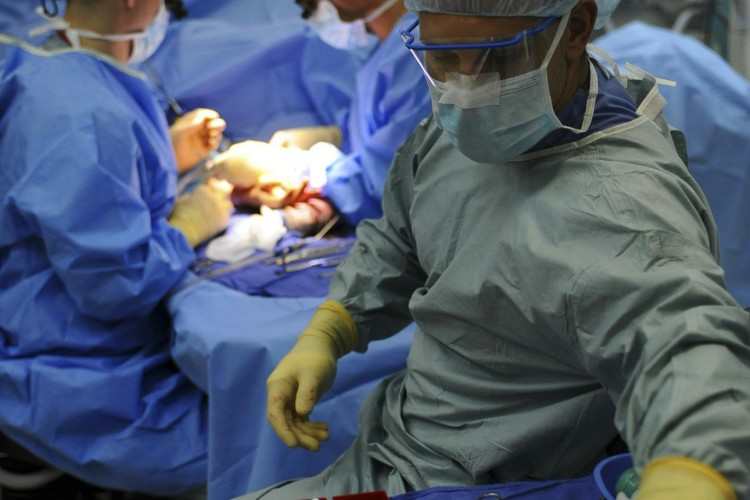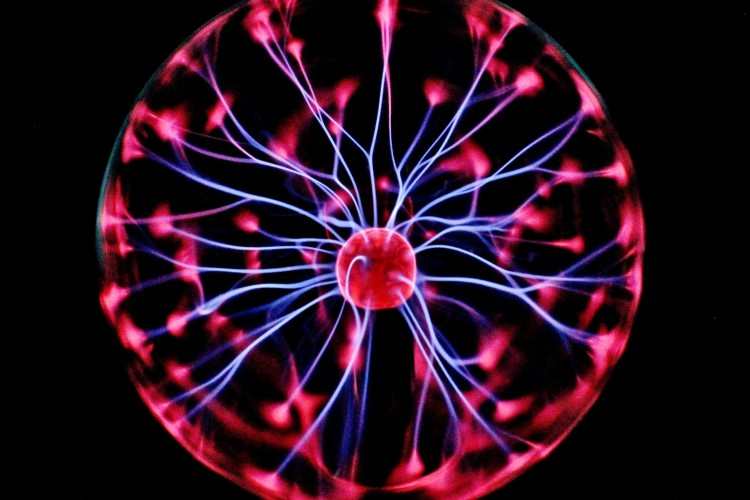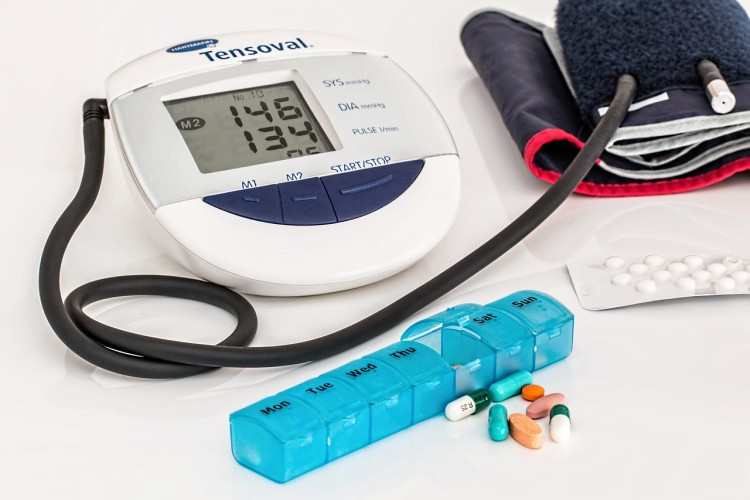
Most minerals are easy to ignore — calcium isn't.
You probably know that calcium is essential for bones. But it goes beyond that: almost every cell depends on calcium—nerve impulse transmission, heart beating, vascular contraction, muscle function (e.g., running and jumping). These uses are paramount, compared to the skeletal role.
In case of dietary calcium insufficiency, body "robs Peter to pay Paul" —bone stores depleted and calcium enters the blood to fulfil vital functions. This causes osteoporosis and mood disorders over time, irritability anxiety depression insomnia. The body's calcium needs are huge and so easily unsatisfied.
Calcium Needs Per Day
Adults: 800mg/day, varying with age
- Age 9–18 years (adolescents): 1,300mg/day — rapid-growth stage
- Age 50+ years (seniors): Men require 1,000 mg/day; women need 1,200 mg/day (high risk of osteoporosis).
The Reality of Deficiency
Nutrition surveys from 1991–2015 in China showed calcium to be the most deficient nutrient, with 95% population unable meet intake standards. Out of 100 people, only 5 obtain adequate dietary calcium.
It’s worse in vulnerable groups:
- Adolescents (11–18 years): Their maximum daily intake of 380mg barely scratches 29% RNI, against 1,300mg required.
- Seniors (60+ years): In 2015, only 2.8% reached adequate calcium intake (*China National Nutrition and Health Survey*).
What is the Implication?
If you don't get enough, the body will start cannibalizing your bones—and faster osteoporosis, 1 in 3 women over 50 are affected globally by this disease. The crisis is compounded by emotional instability, as calcium influences neurotransmitter release.
How to Win
- High Calcium Foods: Dairy (milk 300mg/100ml), leafy greens (kale, bok choy) and fortified tofu.
- Supplements (calcium citrate or carbonate) if your intake is less than 70% of the required amount.
- Combine with vitamin D to promote absorption (600–800 IU/day).
The Health Need of An Hour
China's calcium crisis demands a systemic response — public nutrition education, affordable supplementation programmes and fortification staple foods. For people, it's not just the bones — getting enough helps maintain cellular vitality and emotional stability.
LATEST POSTS
- 1
 The three dimensions of health: complete physical, mental, and social well-being
The three dimensions of health: complete physical, mental, and social well-being - 2
 How to Supplement Vitamin B with Limited Whole Grains Intake
How to Supplement Vitamin B with Limited Whole Grains Intake - 3
 How much impact can small actions have? Health is all about action, so take action now!
How much impact can small actions have? Health is all about action, so take action now! - 4
 Electric Toothbrushes: 5 Key Benefits You Should Know
Electric Toothbrushes: 5 Key Benefits You Should Know - 5
 The Science of Toothpaste: How to Choose the Right Toothpaste for Oral Health
The Science of Toothpaste: How to Choose the Right Toothpaste for Oral Health
 Electronics and Blue Light Protection, Headphone-Induced Hearing Damage: Assessing the Health Impact of Electronics
Electronics and Blue Light Protection, Headphone-Induced Hearing Damage: Assessing the Health Impact of Electronics What’s the Best Average Weekly Sleep Duration?
What’s the Best Average Weekly Sleep Duration? Purpose Decides Your Results: Selecting the Appropriate Exercise
Purpose Decides Your Results: Selecting the Appropriate Exercise Reducing Risks Associated with Extended Sitting
Reducing Risks Associated with Extended Sitting Gentle Skin Cleansing: Avoid Too Much Friction
Gentle Skin Cleansing: Avoid Too Much Friction Skincare Basics: The Skin Barrier
Skincare Basics: The Skin Barrier How to Select Thoracic Spine Protection Tools
How to Select Thoracic Spine Protection Tools Light Fasting, the Anti-Aging Switch for the Age of Longevity
Light Fasting, the Anti-Aging Switch for the Age of Longevity Life Lies in Movement: Understanding Exercise Correctly
Life Lies in Movement: Understanding Exercise Correctly













